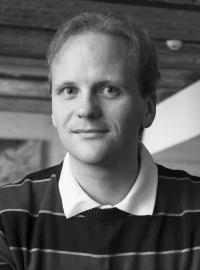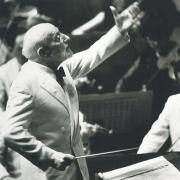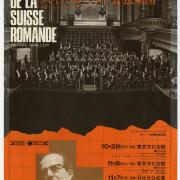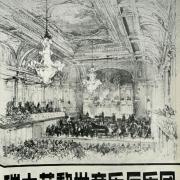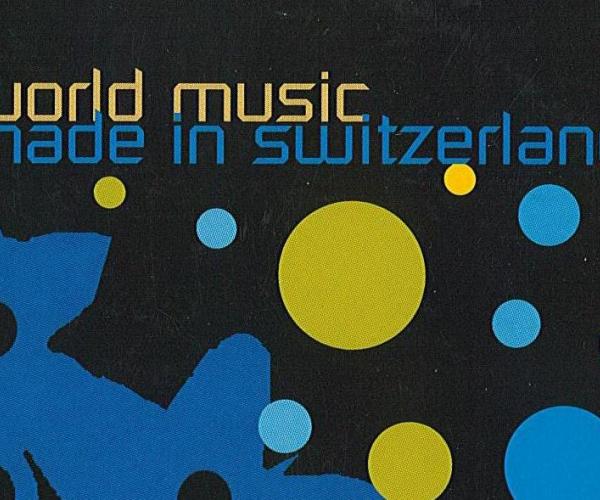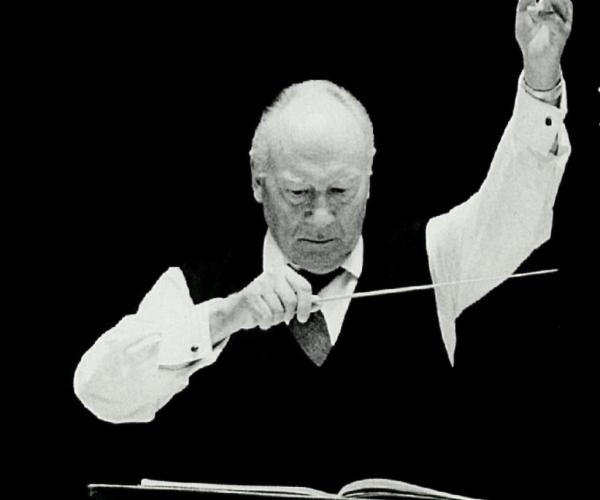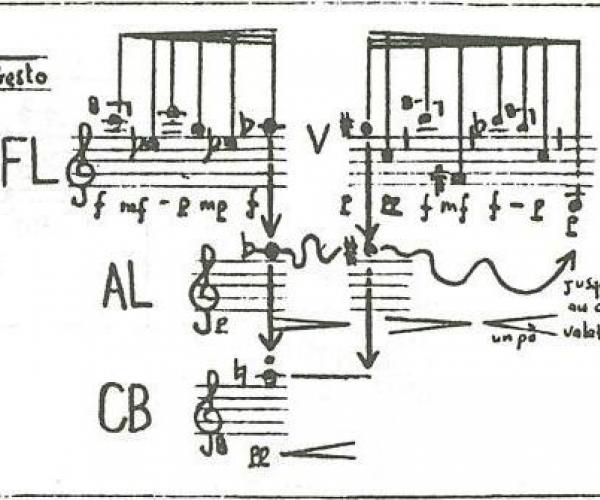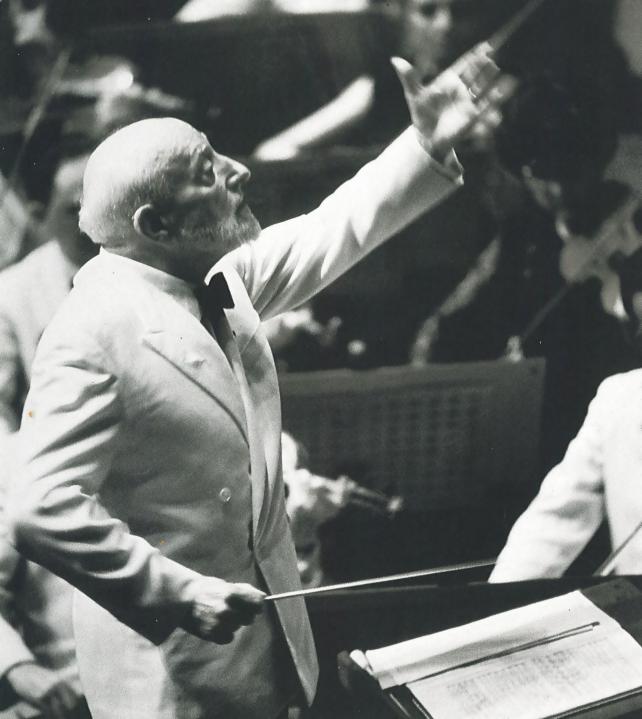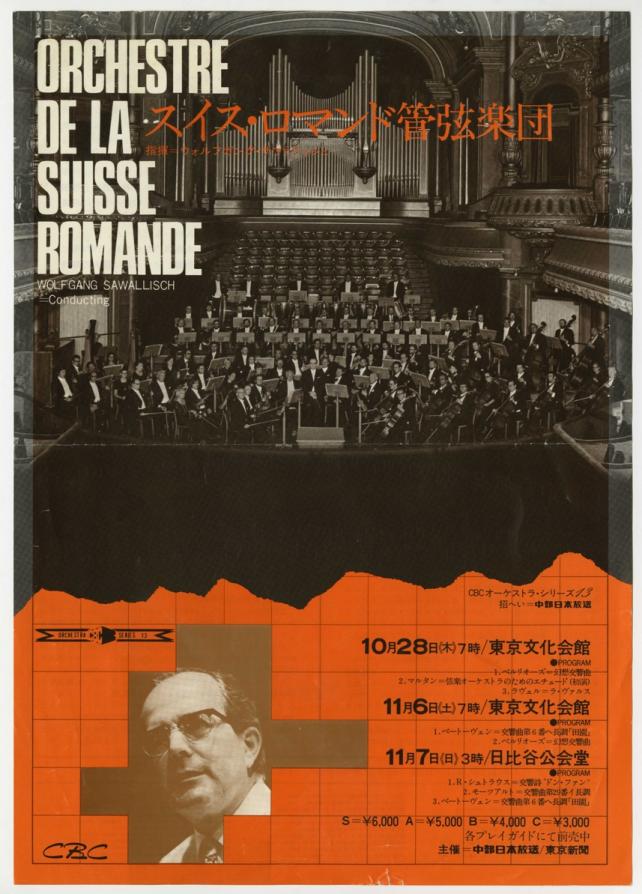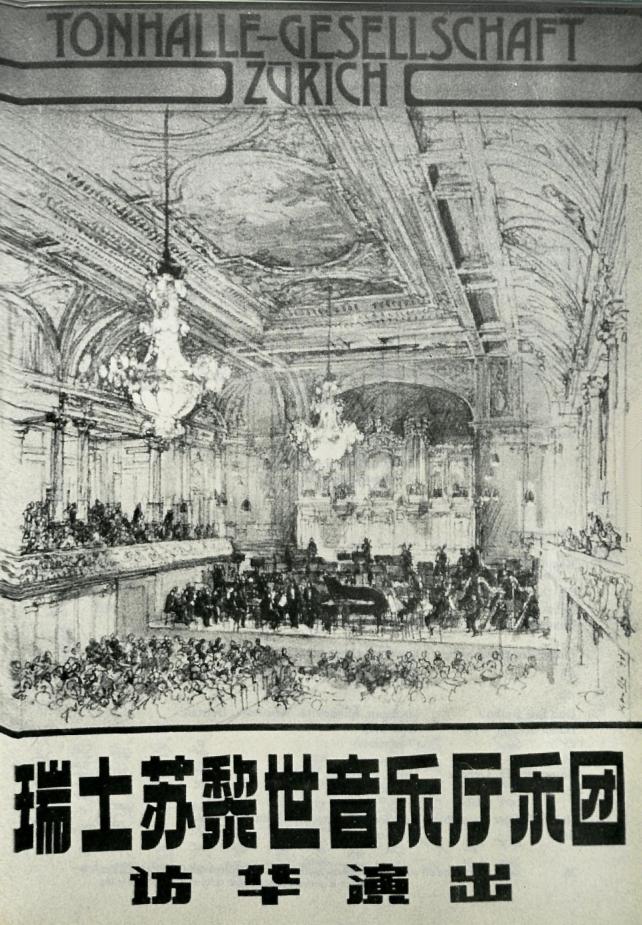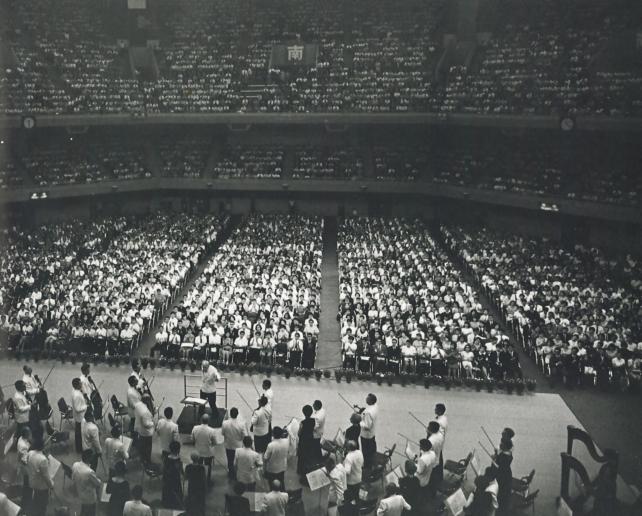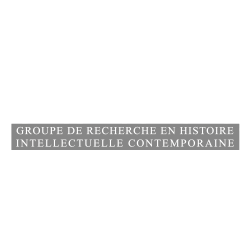Orchestras on tour
On November 30, 1918, thanks to the commitment of its young conductor Ernest Ansermet, the Orchestre de la Swiss Romande performed at the Victoria Hall in Geneva for the first time, playing Handel’s Concerto Grosso in B flat. Since then, the orchestra has continued to have a great impact on Switzerland’s musical life, especially because of its dedication to contemporary music.
As head of the orchestra until 1989, Ernest Ansermet favoured composers from the first half of the 20th century, premièring e.g. Igor Stravinsky’s Mass and Frank Martin’s La Tempête. By the end of World War II, the orchestra’s international reputation had led to numerous invitations abroad, and it became an important ambassador for Swiss music.
Primarily due to a limited budget, music played a secondary role in Pro Helvetia’s international activities until the 1950s. After the war, Pro Helvetia’s budget for cultural activities abroad amounted to 120,000 Swiss Francs only, which made it difficult to finance concert tours of major symphony orchestras.
Therefore, the Foundation only granted subsidies to enable orchestras to participate in music festivals abroad. The Orchestre de la Suisse Romande represented Switzerland at festivals in Edinburgh and Paris, in 1948 and 1952 respectively, where they played works by the Swiss composers Arthur Honegger and Frank Martin.
From the 1960s onwards, a more substantial budget allowed Pro Helvetia to organise concert tours on a regular basis, even to far away destinations. In 1966, the Orchestre de la Suisse Romande played at the Stanford Festival, California, and in the following year, it represented Switzerland’s musical contribution to the World’s Fair in Montreal. The orchestra’s concert tours included several trips to Japan in 1968, 1976 and 1987, and to the United States in 1974, 1981, 1985 and 1989.
Because cities and cantons from the French speaking part of Switzerland were unable to secure funding for these tours, Pro Helvetia’s support was often indispensable, but also gave rise to internal controversy. From the 1970s onwards, these prestigious concert tours as well as their limitation to contemporary Swiss composers drew increasing criticism. Consequentially the funding for concert tours was reduced, even if not completely withdrawn because to this day diplomatic circles consider orchestral concerts a vital means of promoting Swiss culture abroad. (tk)
Archives
Pro Helvetia, procès-verbaux du groupe I
AFS E9510.6 1991/51, Vol. 420
Bibliography
Hudry, François : Orchestre de la Suisse romande, 1918-1988, Vevey, Société des produits Nestlé 1988
Tappolet, Claude : La vie musicale à Genève au vingtième siècle, Genève, Georg Editeurs 1979

